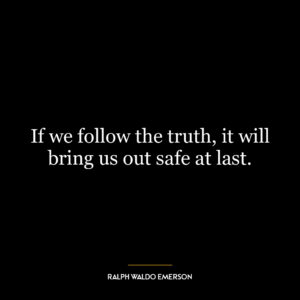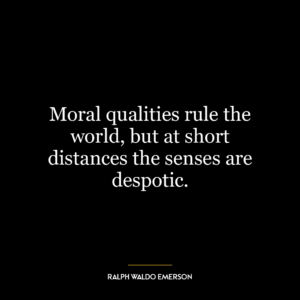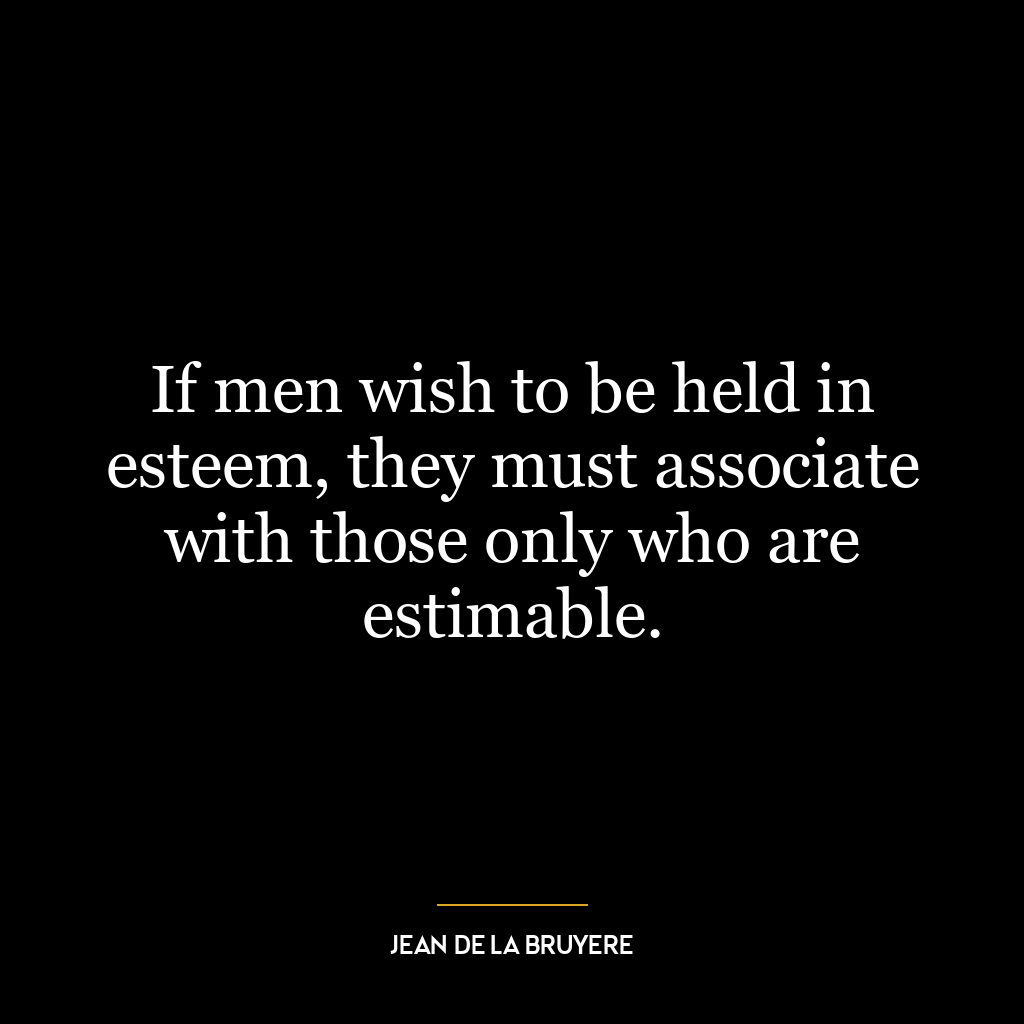This quote emphasizes the importance of authenticity and conviction in dialog. It suggests that the impact of a sentence, or any form of communication, is largely determined by whether there’s a genuine person with real intent behind it. A sentence can be beautifully constructed and logically sound, but if it lacks the weight of personal belief or experience, then its effectiveness is greatly diminished.
The “man behind” the sentence can be seen as someone who stands by his words, not just uttering them but living them out. The “force” refers to the power and influence that these words have on others. Therefore, when there’s no man behind a sentence – meaning when there’s no genuine belief or commitment supporting those words – they lose their force; they become empty rhetoric.
In today’s world where information overload is common due to social media and other platforms, this idea remains crucially relevant. It’s easy for messages to get lost in all the noise if they aren’t backed up with sincerity and action.
Applying this concept to personal progress could mean focusing on integrity and authenticity in our actions and communications.To become more effective communicators or leaders as a notable example, we should ensure that our words align with our beliefs and actions; only then can we convey messages with true force.Moreover, as consumers of information – whether from politicians promising change or companies advertising products – we should critically evaluate whether there’s indeed a “man” behind these sentences: Are these promises backed up by past actions? Does this company live up to its proclaimed values? By doing so, we are less likely to be swayed by empty rhetoric.
Overall then, Emerson’s quote reminds us about the enduring power of authenticity in an increasingly noisy world: true conviction always speaks louder than hollow words.















